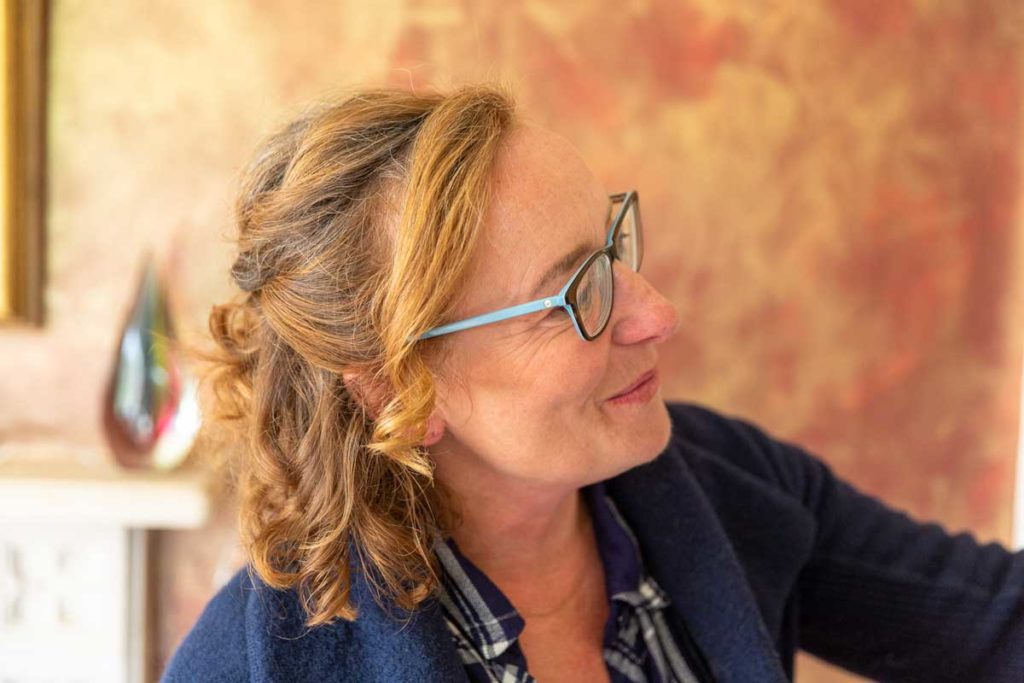In 1999, aged 31, she founded one of the UK’s first 100% renewable electricity suppliers, Good Energy. The first female CEO of a UK energy supplier, at a time when only 2% of the power on the UK’s electricity grid came from renewables and the entire industry could fit into a room above a pub, Juliet was going against the grain. In Good Energy, she aimed to make it possible for everyone to play a part in the solutions to climate change. It was less than straightforward to begin with, but the businesses’ customers believed in the purpose, helping crowdfund an investment round in 2002.
Customers remained at the heart of the innovations Good Energy and Juliet drove through, leading to an explosion in home generated solar power, the acquisition of the UK’s first wind farm and a creation of a previously non-existent market for distributed small-scale clean power.

